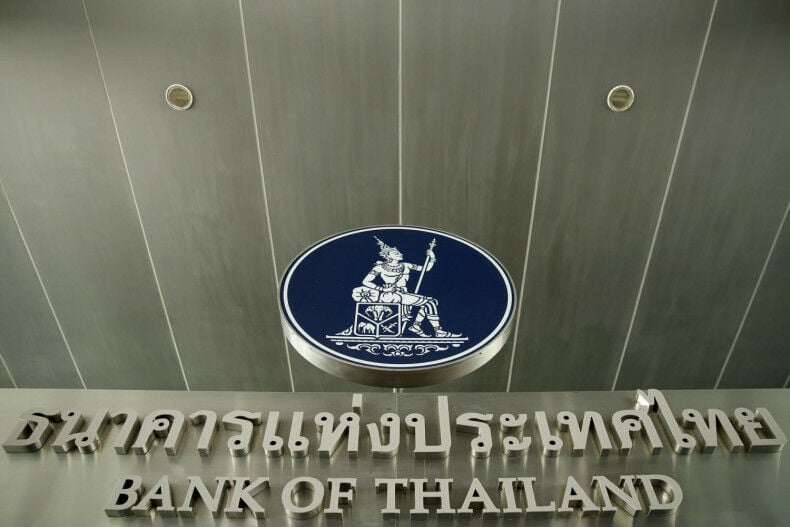Thai business bounces back: Surprising catalysts revealed by FTI

The Federation of Thai Industries (FTI) explained the significant rise in Thailand’s Industry Sentiment Index (TISI) after a five-month slump including a tourism boom and strategic government measures.
Breaking through the economic gloom, the TISI soared to 90.9 points in November, marking a triumphant comeback after five consecutive months of decline, according to the FTI. In stark contrast to October’s 88.4 points, this uptick is attributed to a dual-force revival – a resurgence in tourism and the government’s financial alleviation initiatives.
Montri Mahaplerkpong, the vice-chairman of the FTI, credited the unexpected surge to an impressive spike in tourism, which not only boosted domestic spending but also revitalised various sectors. Additionally, the government’s prudent management, including energy price controls and a strategic debt suspension scheme, played a pivotal role in steering the economic ship back on course.
Manufacturers revelled in improved sales and production during November, showcasing a promising rebound from the challenges faced in the previous month, as noted by the FTI. This positive trend is not merely a statistical anomaly, it is grounded in the tangible experiences of 1,326 entrepreneurs surveyed, all of whom are proud members of the FTI.
However, amidst the jubilation, concerns lingered in the minds of respondents, with a collective focus on interest rates. The fear of increased financial burdens for companies loomed large, prompting a keen eye on the imminent decisions of banking institutions.
The Thai Bankers’ Association recently signalled stability in prime interest rates, aligning with the Bank of Thailand’s policy rate. This move is a strategic response to the anticipated interest rate adjustments by the US Federal Reserve in the coming year, offering a glimpse into the interconnected nature of global economic dynamics, reported Bangkok Post.
Energy prices
In the energy sector, the FTI is calling on the government to preserve the power tariff at 3.99 baht per kilowatt-hour from January to April next year. This plea is driven by a collective desire among businesses to control operating costs amid the delicate dance of economic recovery.
The Energy Regulatory Commission’s recent approval of a 17.3% hike in the power tariff, raising it to 4.68 baht per unit, has sparked concerns. The adjustment is grounded in the escalating fuel costs and the imperative to reimburse the state power generator. The FTI’s appeal echoes the sentiment of businesses striving to maintain stability in the face of economic uncertainties.
Latest Thailand News
Follow The Thaiger on Google News:


























